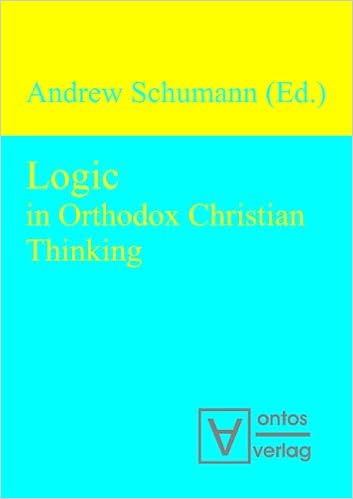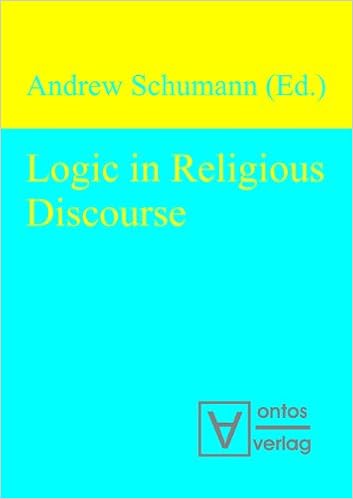contributions on any aspect of human sciences such as...
read more...

The Orthodox Christian thought is the most modally rigorous way of inferring. The subject of the book is to investigate possibilities of explicating the Orthodox thought from the viewpoint of analytic philosophy and symbolic logic. The claim that Orthodox thinking is just mystic and illogical is not true. The logical culture of Orthodox Christian thinking is unknown and ununderstandable for the West, although its schemata are very influential in Eastern Europe till now (Marxism-Leninism is just one of their possible instances). This thought can be called totalistic or even totalitarian. For this thought any truth or falsity is necessary. As a result, the whole world is presented as logical and nomothetic and there is no place for contingency.
A. Schumann (ed), Logic in Orthodox Christian Thinking. Ontos Verlag, 2012.
A. Schumann (ed), Logic in Religious Discourse. Ontos Verlag, 2010.

History and Philosophy of Logic, Volume 31, Issue 4, 2010.
European Journal for Philosophy of Religion, Volume 3, Issue 2, 2011.